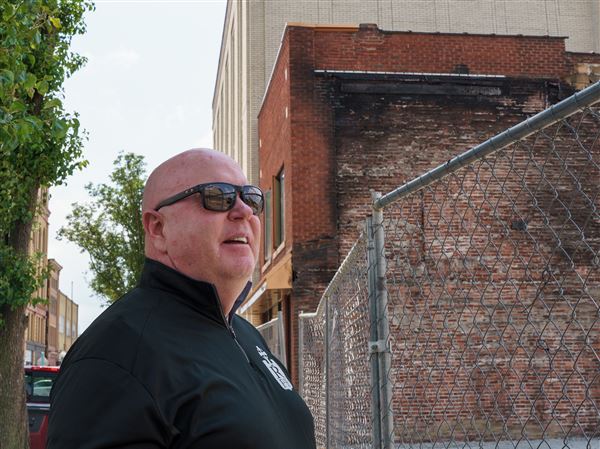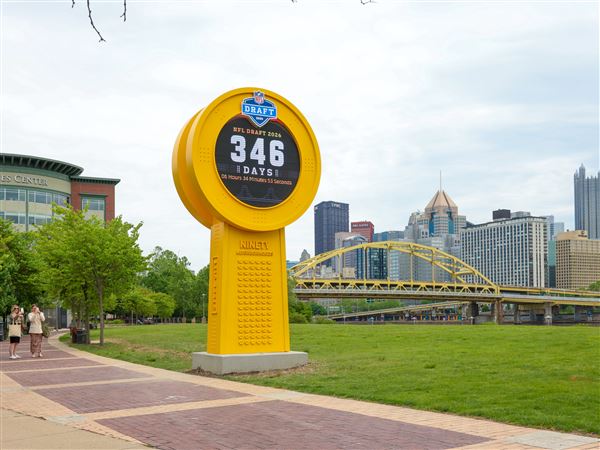By Barbara Vancheri
Pittsburgh Post-Gazette
Critics tend to toss around adjectives such as devastating, shattering and heartbreaking.
But never, in recent memory, have they been more fitting than with "Dear Zachary," a documentary about a jubilant, caring, kind doctor named Andrew Bagby who was murdered in 2001 in a Westmoreland County park and left face down in the dirt.
When his parents traveled from California to a funeral home in Greensburg to look at the body under the white sheet, they could see it really was him. Their only child.
And when Andrew's mother, Kate, went to wipe her tears from his lifeless face, a plug in his left cheek fell out. It's where one of five bullets had blasted into his face. The others went into his chest, buttocks and the back of his head, which also sustained blunt trauma.
- Rating: R in nature for subject matter and adult language
- Web site: Moviename
Bagby's former girlfriend, Dr. Shirley Turner, was arrested and accused of the crime. When she revealed she was pregnant with Bagby's baby -- the Zachary of the title -- a childhood friend of the victim, Kurt Kuenne, decided to make a movie so the boy would know his father.
Turner doused the ray of hope that emerged from this tragedy, but Kuenne pressed on with his project. "Dear Zachary" is a loving, tear-soaked tribute to Andrew, a scorching condemnation of Turner, who fled to Canada, and a rallying cry to change a legal system that allowed Turner to go free on bail while retaining custody of her child.
Filmmaker and composer Kuenne, who was 7 when he met Bagby in Silicon Valley and featured him in his earliest movies, uses every weapon in his arsenal to give audiences a sense of who Andrew was. He weaves archival stills and video with interviews here -- where Bagby, 28, was a resident at Latrobe Area Hospital -- and across the country and in England, where Kate hailed from.
Kuenne's point of view could not be sharper. He makes little attempt to explore who Turner was, but the evidence leaves the impression that she was clingy to the point of pathological jealousy, obsessive, a facile but stupid liar, manipulative, mentally disturbed and a murderer. Or, to Bagby's parents, "the devil."
Kuenne also treads gingerly over Bagby's engagement to another woman that ended in a breakup and seemed to make him vulnerable to a predator like Turner.
When someone dies, friends try to figure out what they can do. Make phone calls, ferry people from the airport, deliver a eulogy, cook or sit with grieving relatives, donate money.
Kuenne made a movie, and it's raw with emotion. It's chilling to listen to Bagby's parents talk about how they considered suicide after learning their son was dead or to hear Andrew's father, David, reveal the extreme measures he seriously mulled.
It's reminiscent of the movie "In the Bedroom," about a Maine couple who find their sedate lives corroded by hate and a desire for revenge after their son is killed. But "Dear Zachary" is real, not fiction.
Watching Kuenne telephone Canadian officials and request interviews, only to be turned down, makes you wish he had been more aggressive. Still, given the volatility of the case, there is no guarantee anyone would have agreed to go on camera to talk.
"Dear Zachary" could double as a sensitivity training DVD for anyone dealing with a murder victim's survivors. It serves as a testament to parents who could have sunk into the quicksand of hopelessness, never to emerge again.
Their strength and resolve is remarkable. And so is "Dear Zachary," opening Friday at the Regent Square Theater.
First Published: January 8, 2009, 10:00 a.m.
















